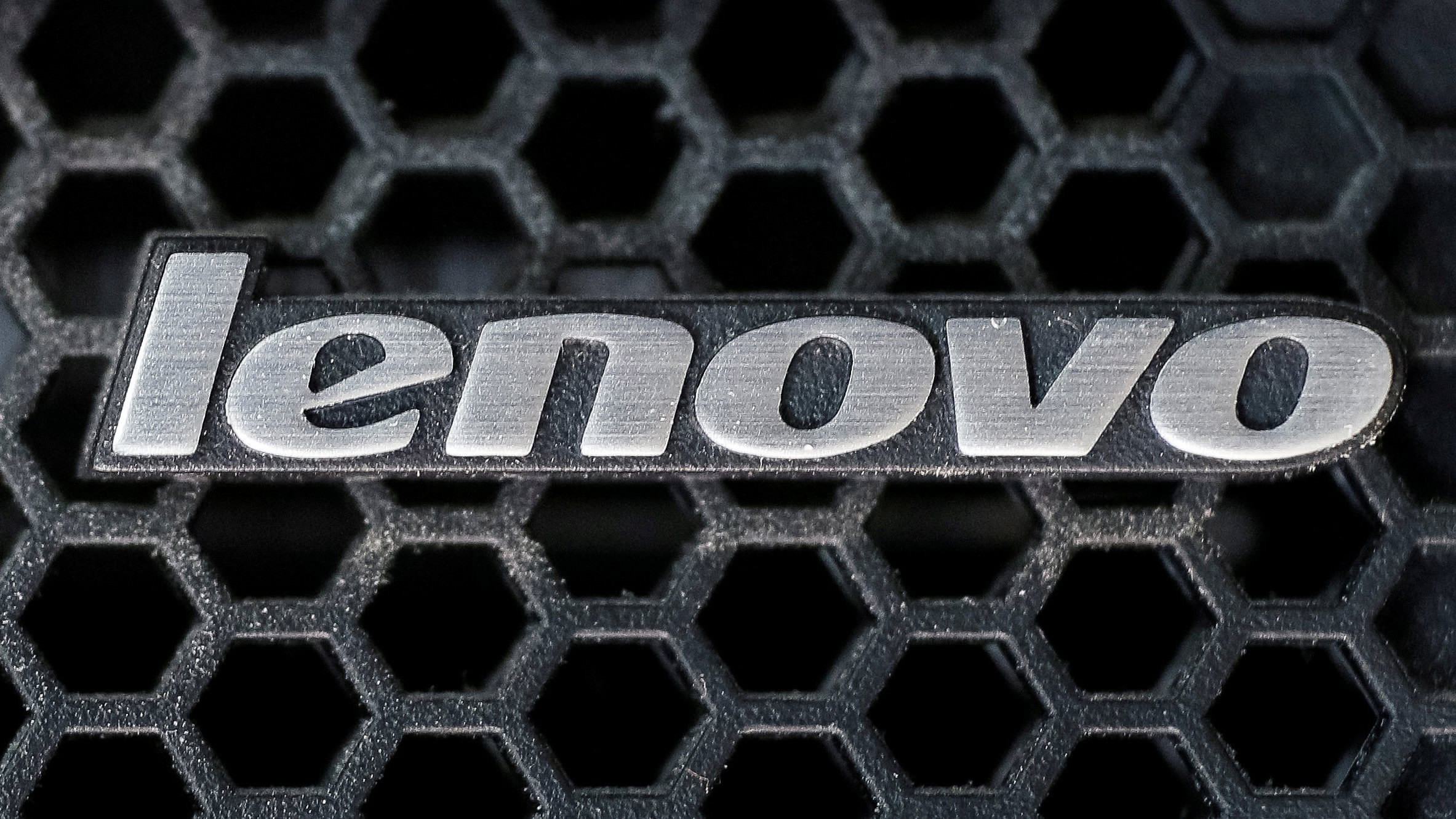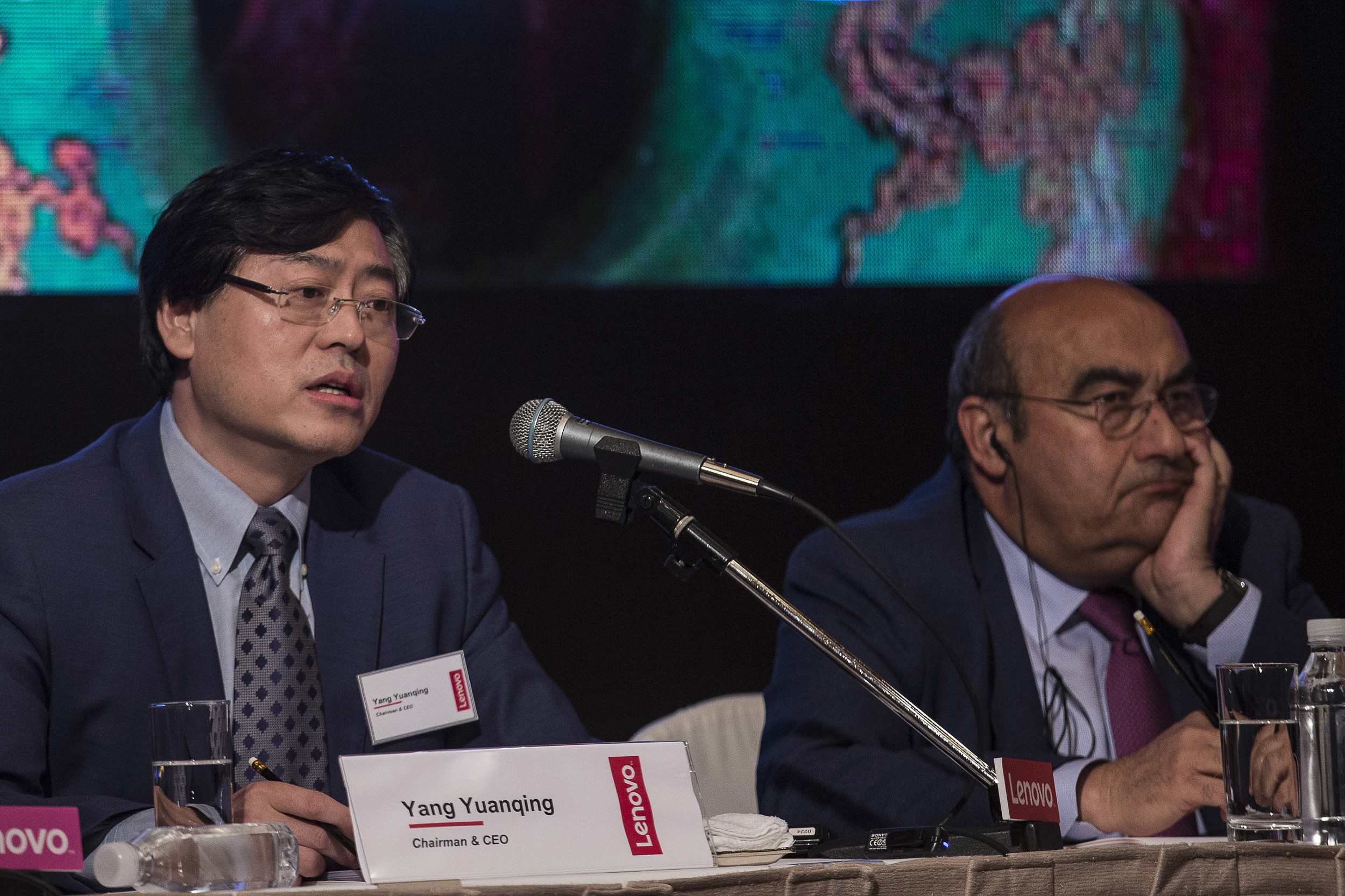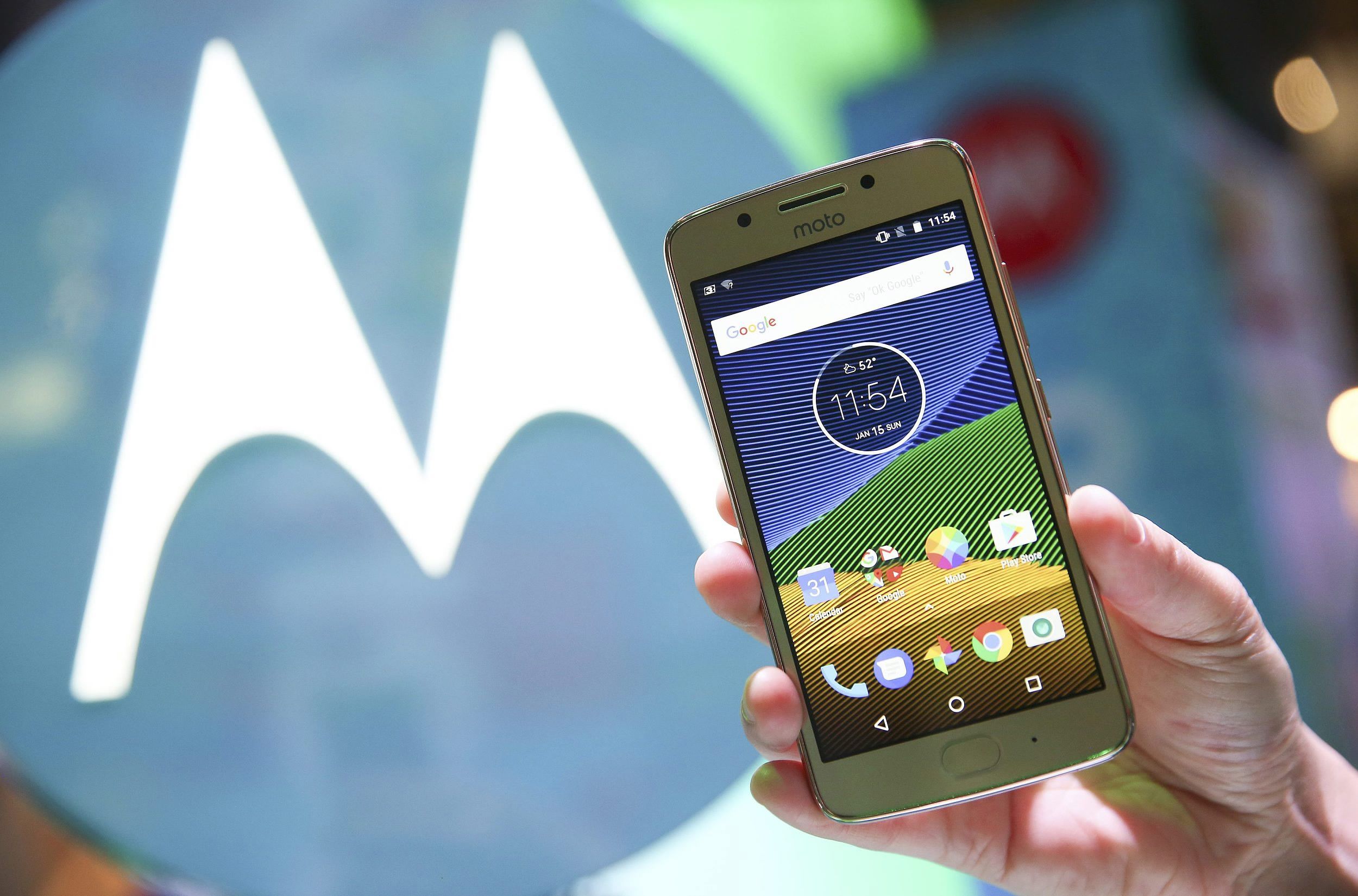
Business
21:47, 18-Aug-2017
China's Lenovo warns of cost challenges as it sinks to Q1 loss
CGTN

Chinese personal computer maker Lenovo Group Ltd. warned of higher costs and margin pressure due to shortages of components like memory chips, as it posted its first quarterly loss in almost two years on Friday.
Lenovo, which gave up its title as the world's largest PC maker to HP in the quarter through June, lost 72 million dollars compared with a profit of 173 million dollars for the same period last year.
It was the company's first quarterly loss since September 2015, sending the stock down as much as 5 percent to a year-low of 4.52 Hong Kong dollars during Friday morning trade.
The outlook for the rest of the year was challenging as component shortages would dive costs higher, possibly forcing the company to raise its selling price to protect margins, executives said.
"Most of the component cost is stabilizing except memory ... and the price is still going up," Lenovo Chief Operating Officer Gianfranco Lanci said on an earnings call.

Yang Yuanqing, chairman and chief executive officer of Lenovo Group Ltd., left, speaks as Gianfranco Lanci, corporate president and chief operating officer of Lenovo Group Ltd., looks on during a news conference in Hong Kong, China, on Thursday, May 26, 2016. /VCG Photo
Yang Yuanqing, chairman and chief executive officer of Lenovo Group Ltd., left, speaks as Gianfranco Lanci, corporate president and chief operating officer of Lenovo Group Ltd., looks on during a news conference in Hong Kong, China, on Thursday, May 26, 2016. /VCG Photo
Memory prices rises would continue "at least until the end of the year," albeit at a slower rate than the past two quarters, he said, a product of exploding global demand for semiconductors.
Auto industry demand was also pushing up the price of batteries, he said.
While personal computer makers around the world are struggling as consumers switch to mobile devices, Lenovo's core PC business is declining more rapidly than many of its competitors'.
Lenovo posted a 6 percent decline in PC shipments in the quarter, compared with a 3 percent fall globally. Its PC revenue was flat at 7 billion dollars.
"Overall, it will be very challenging for them to improve their PC performance in the short-term with the component price rise that's here to stay," said analyst Mo Jia, of industry consultancy Canalys.
Margins and Mobile

The Lenovo Moto G5 is displayed at the Lenovo stand at the Mobile World Congress in Barcelona, Spain, March 1, 2017. /VCG Photo
The Lenovo Moto G5 is displayed at the Lenovo stand at the Mobile World Congress in Barcelona, Spain, March 1, 2017. /VCG Photo
Despite the challenging outlook, Chairman and Chief Executive Yang Yuanqing was upbeat about the prospects for margins and the struggling mobile business.
He pointed to a 110 million dollars sequential improvement in operational pretax income, which he attributed to improvement in the mobile and data center businesses.
"Not only did this gave me more confidence we will turn around our mobile business in the second half of fiscal year 2018, I think the entire Lenovo is entering a new phase of growth," he said.
Lenovo has struggled with mobile since acquiring Motorola in 2015, and as Chinese rivals such as Huawei and Xiaomi leapt to global prominence.
Losses from its mobile business narrowed and revenue rose 2 percent to 1.75 billion dollars in the quarter. It was the only unit to post a rise in revenue, although it still accounted for just 17 percent of the total. Total revenue was flat at 10 billion dollars.
To protect margins, Yang said Lenovo would focus more on fast-growing premium products such as PCs tailored for gaming and millennials.
It had dropped low-margin deals such as that with Google's Chromebook, and would raise selling prices if component costs continued to climb.
Lenovo's data center business group recorded an operational loss of 114 million dollars, versus a loss of 31 million dollars a year ago. Despite a 11 percent drop in revenue, Yang said he expected the group to turn profitable in two years.
Source(s): Reuters

SITEMAP
Copyright © 2018 CGTN. Beijing ICP prepared NO.16065310-3
Copyright © 2018 CGTN. Beijing ICP prepared NO.16065310-3